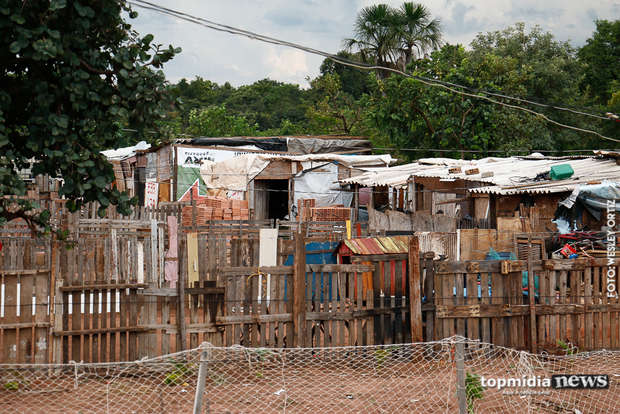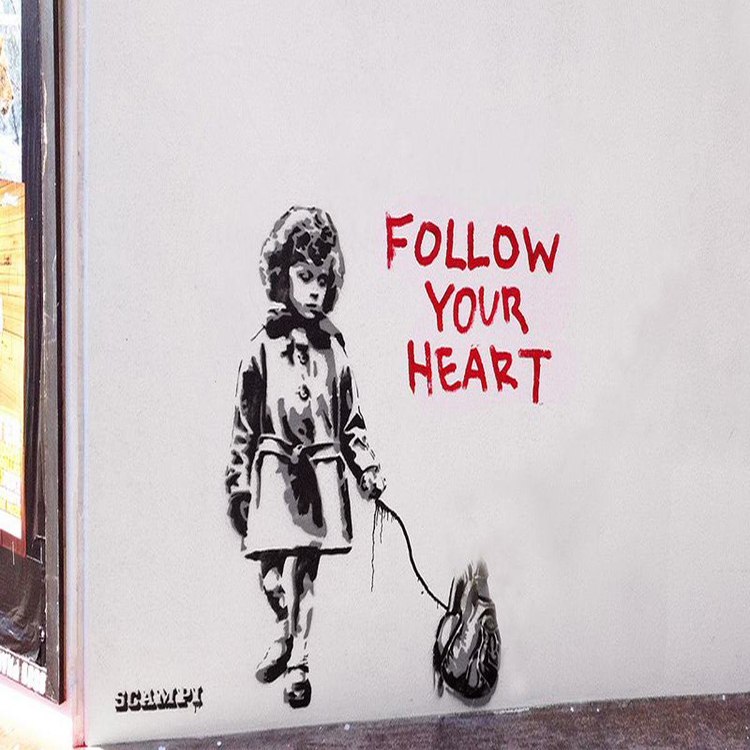There is a personal experience that made me reflect upon this question and I will share here with you. I have clear in my mind the images of that day I received my first salary in life. I was just an intern at a big Publishing House in Rio de Janeiro, it was not much money, but it was mine. I called then a friend and asked him if I could bring some food to a few families at “City of God”, a famous favela in Rio (that became a prized movie later with the same name and was visited even by Barack Obama). He was used to work in the community through his church and any citizen in Rio knows we are not recommended to enter a favela without an informal ‘allowance’ of a community member.

I was 22. I borrowed my father’s car and drove packed to meet my friend. It had rained cats and dogs the day before and the weather was still grey and wet. The streets until the favela were paved and crowd, it was easy to find the small house where the church’s center worked. All the donation was left there for them to distribute, but I asked if I could leave a few in person, to talk to the families and understand the impact of my intern salary.

He explained me why I should give it only to registered families (an old style handwritten notebook database), for different reasons. First, they were supported month after month, configuring a more sustainable impact for children’s health and families orientation. Besides food, they could provide basic medical assistance and psychological guidance: most of the families were carried out by single/abandoned mothers. Last, families who were supported used to ‘help’ the ones who did not want to subscribe to the programme and it was positively creating a community network that indirectly was useful to support almost everyone.
We were walking and talking through very tiny unpaved streets inside the favela now. There were big pits of mud and we had to carefully deviate from them. It was not my first time there, neither the last, but it was the first time after a pouring rain. We stopped in front a small cardboard shack. It was soaked. He screamed someone and a row of tiny weak children followed a black woman outside. She had visibly been beat. Children eyes were frozen in the bags I had in my hands. They knew what a white “pretty” girl visit meant. Her husband was drunk. He beat her up and abandoned the family two nights before.
My friend had no idea about it. They crushed our legs from hugging – and that time it was not artificial as many time poor react when they get used to this ‘exchange’. I did not want to feel “the good white girl” and they somehow caught this. I was just an intern, from a little less but also poor close neighborhood. 20 years ago. I have no idea how those 4 kids ended up. I mean, I do. We all know the path reserved to most of these kids. Probably the guy who killed my grandpa had a similar past – or not – we do not know. But we know that:
(1) “what matters most for our living conditions is the good or bad luck of our place of birth” (2020, Our World in Data).
(2) “Starvation exists in today’s world, but only as a result of the way the food gets shared among us. There is no absolute scarcity.” (2011, Poor Economics). You can also apply the logic for other global issues.
(3) A few bags are nothing, but mean everything.
(4) Yeah, poverty will affect your privilege at some point sooner or later.
These are a few reasons why you should care.

